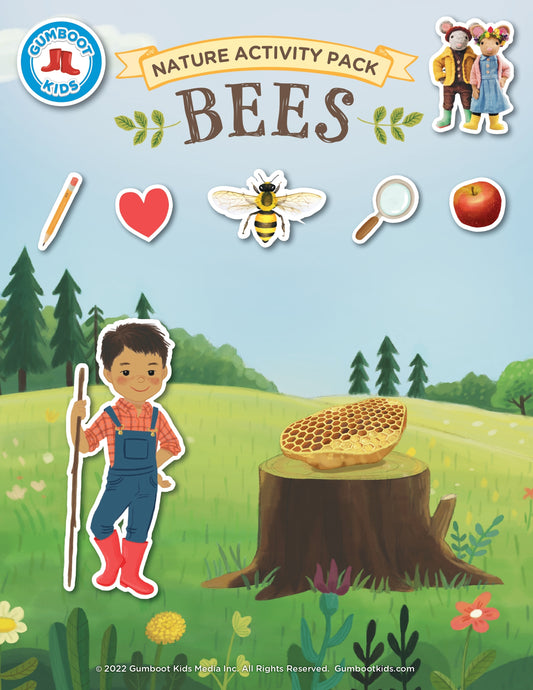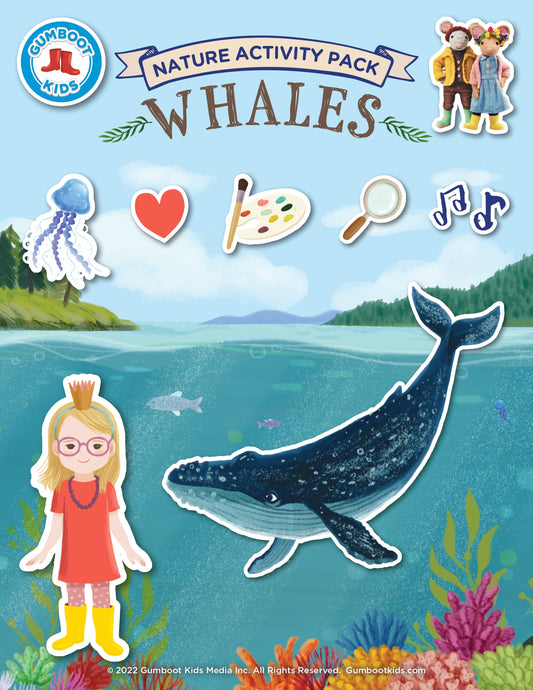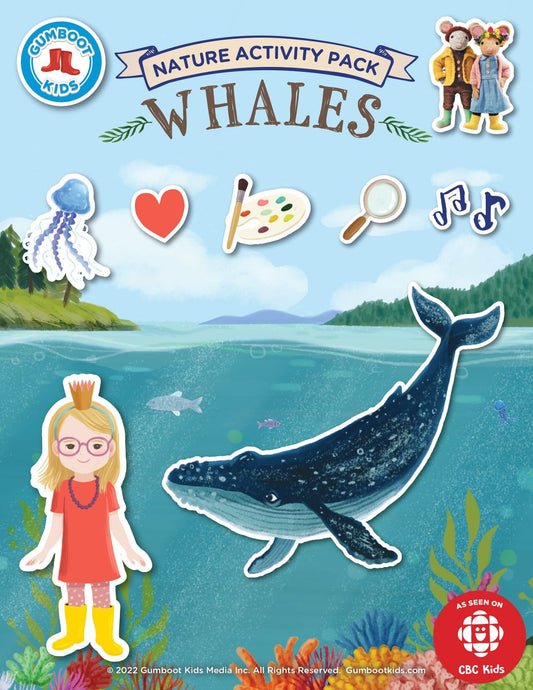Many therapists believe that spending time in nature with children can be highly beneficial for their mental and emotional health. In fact, research has shown that spending time in nature can improve mood, reduce stress and anxiety, and boost overall well-being.
One recommendation that therapists often make is to encourage unstructured play in nature. This might involve letting children explore a wooded area, build a fort out of sticks, or simply run around in an open field. This type of play can help children develop their creativity, problem-solving skills, and independence, while also providing them with a sense of freedom and autonomy.
Another way that therapists suggest incorporating nature into children's lives is through mindfulness exercises. For example, children can be taught to practice deep breathing, sensory awareness, or meditation while sitting outside in a quiet, natural setting. This can help them develop greater self-awareness, emotional regulation, and relaxation skills, which can be beneficial for managing stress and anxiety.
Therapists also recommend engaging in outdoor activities as a family, such as hiking, camping, or gardening. These types of activities not only provide children with an opportunity to experience nature firsthand, but also help to build strong family bonds and promote physical activity. Additionally, spending time in nature can foster a sense of community and connection with the natural world, which can be highly beneficial for children's mental and emotional health.
Finally, some therapists incorporate nature into play therapy sessions. This might involve using natural materials, such as rocks, shells, or leaves, as part of therapeutic activities or incorporating outdoor play into sessions. By incorporating nature into therapy, therapists can help children build a deeper connection with the natural world while also promoting their emotional and mental well-being.




